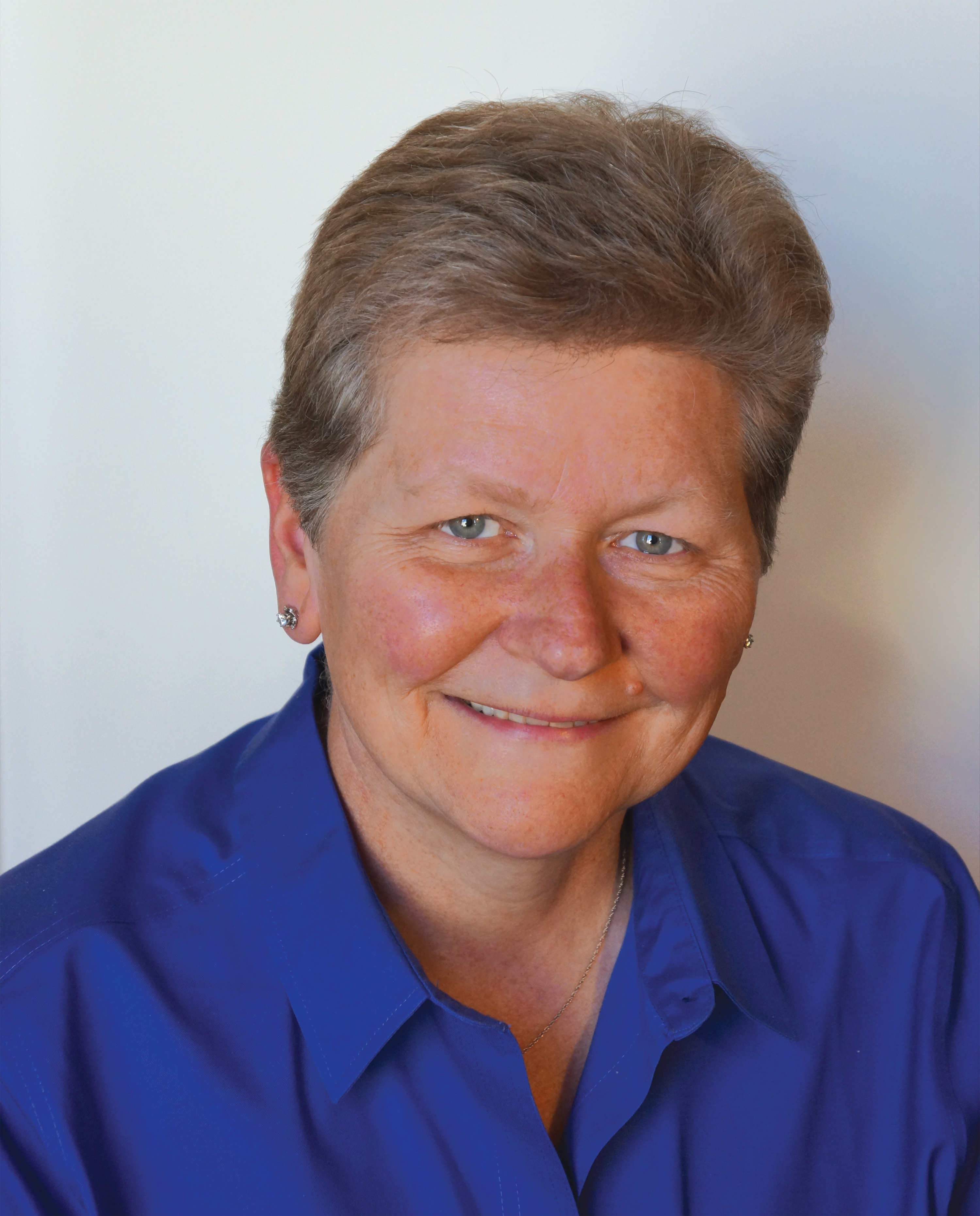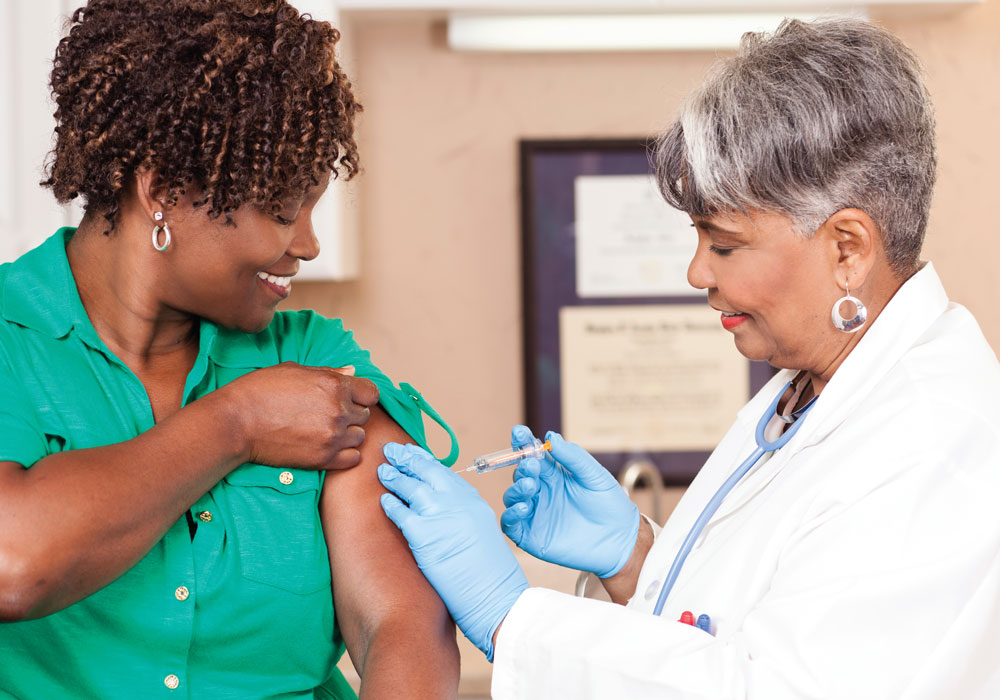By Laura Benson, RN, MS, APN
“Desperate times breed desperate measures." —William Shakespeare
Today is an unprecedented time in history: the COVID-19 coronavirus has changed the world as we know it. The United States faces a challenge unlike anything we’ve ever experienced, especially on our soil. We will lose many lives. Living in New Rochelle, NY, has made me acutely aware of this, perhaps before many other parts of the country.

But as a nurse, I know I can help. It doesn’t matter how long I’ve been away from bedside. It’s what the Year of the Nurse is all about: devoting our lives to caring for the ill and providing critical healthcare services wherever they’re needed.
Answering the Call
When the request for retired healthcare professionals was broadcast, I signed up immediately. New York State very responsibly asked about your current license status, which if expired or inactive would be reactivated for the crisis. They also asked your comfort level in caring for patients, using ventilators, and working with acutely ill patients; specialty; current skill set; date last in practice; and willingness to travel to fulfill a need.
In my mind, and from the contents of the survey, I initially envisioned all of the retirees lined up trying to manage a ventilator. The reality is that many, many roles must be filled, and not all tasks involve acutely ill patients. My rationale was, if I could free up a currently practicing nurse to be at the bedside of a patient with COVID-19, then I would be a success. I would have contributed to the fight.
What My Days Look Like
I received a call on Tuesday night. Could I be at the New York State Department of Health (DOH) offices the next day? Sure!
After being set up in the DOH system and getting a brief orientation, we were asked to call patients who had tested positive for COVID-19 and were waiting for their results. Without their results, they might not be quarantining, and we needed to instruct them on how to protect to their families and what to do should their symptoms worsen. These are important steps to flattening the curve. We were asked to volunteer as much or as little time as we could completing the thousands of notifications that were in backlog. The office was operating seven days a week.
The next morning, I received another call: Could I go to another city in Westchester County to help there? Absolutely!
The YWCA child daycare center was opening up for children of doctors, nurses, respiratory therapists, police, firefighters, and other essential workers, and I was needed to be the healthcare professional onsite so that these critical personnel could do their work. Aside from being available for the children and staff, I was assigned to monitor the single point of entry: verify identification, complete a health screening questionnaire, take temperatures, and ensure mandated handwashing before anyone enters the building. I have been stationed there for the past few days, and it’s allowed so many healthcare workers get back to their critical jobs.
For example, the first parent who arrived, a single mom who was an RN at a local hospital, told me she has not been able to go to work for the past two weeks because she had no one to care for her son. And by filling the role at the daycare center, I also helped a public health nurse to return to her true and much-needed position.
Why I’m Doing This
As the request of George Latimer, executive for Westchester County where I live, I have spoken to a number of media outlets, including the Wall Street Journal. Subsequent published reports raise concerns about bringing retirees back to duty. I realized that others may be under the same impression that I initially held: volunteering = caring for patients on ventilators.
For anyone who is holding back because of this, please reconsider. I do not know if I will remain at the YWCA or be assigned a new task. I do not know what I will be asked to do next. But I know whatever it is, I will try.
As a proud oncology nurse and ONS member, I am prepared to do whatever is needed during this crisis. Many of our skills will be needed to fill these gaps, skills that nurses have at the ready.
Are the fears we face right now any different than those our patients and families face when confronting a new cancer diagnosis? Is the clear, organized, uncomplicated presentation of facts different for patients with COVID-19 than they are for any patient? Is the need for accurate, fact- and science-based data different for first responders than it is for our patients? They are not.
It is our professional responsibility to assist where we can. It is an equal and important responsibility to know the limits of your skills and abilities and to practice within those abilities. Although the Year of the Nurse is not exactly as I envisioned for 2020, the COVID-19 pandemic helps us to remember why we became nurses in the first place.
“And as a 'missioner of health' I will dedicate myself to devoted service for human welfare.” —Florence Nightingale Pledge (1935)






